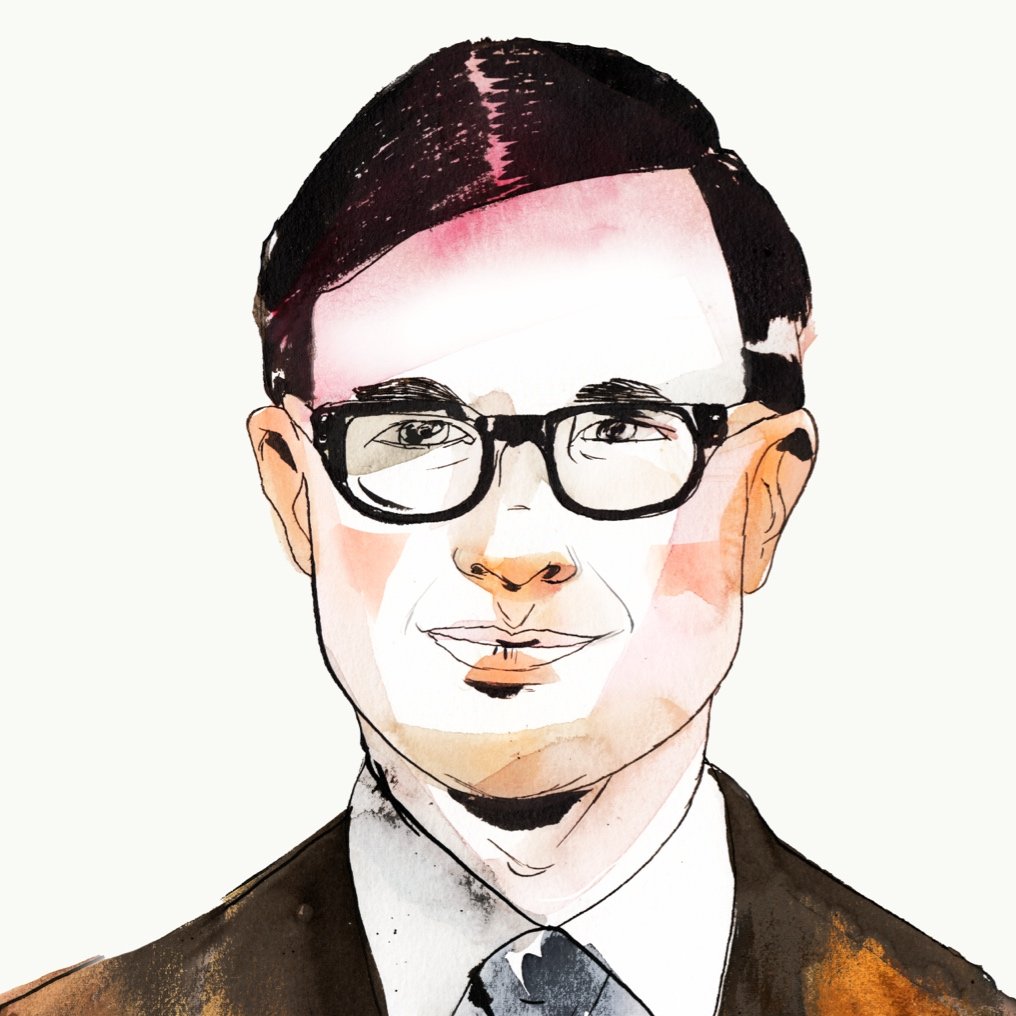The AP’s decision to drop the use of the word “homophobia” has been met with wide approval among Christian and other moral traditionalists. This presents a problem, however, for those who have grown accustomed to using the term “Christophobia.” The AP recommended against the use of all “-phobia” words, for reasons that apply whether the prefix happens to be “homo-” or “Christ-.”
Writing for First Thoughts earlier this month, Mark Movsesian sounded some notes of caution against the use of “Christophobia”:
The hostility to Christianity one encounters in the West is mostly ideological. What we have is a struggle between competing worldviews, one of which seeks to win by excluding the other, which it sees as irrational, from public debate. This strategy is illiberal, ill-informed, and childish, but it is not really “phobic” in the way we normally use that term. It reflects not so much a visceral antipathy to Christians as people as a desire for Christians to keep quiet and stop retarding social progress.
Now, things may be changing. When critics denounce Christians as “bigots” — for maintaining the traditional understanding of marriage, for example — that does imply a personal judgment. Bigots are bad people; you wouldn’t want them living next door to you or building a gathering place in your neighborhood. You wouldn’t want your children to associate with them. Maybe the ideological struggle in the West is becoming a personal one, in which Christians are seen as comparable to racists. I don’t think we’re there, yet, but I concede there’s evidence we may be heading that way.
For Movsesian, as for the revisers of the AP Style Book, the central worry is that we’re diagnosing—-perhaps without much basis—-our opponents. We’re turning disagreement into a disease.
Does the term better describe the persecution of Christians abroad? Movsesian thinks so, while warning that to describe the maiming, humiliation, and martyrdom of Christians abroad with the cool, clinical term “Christophobia” is to flirt rather dangerously with euphemism:
In countries like Egypt, Mali, Pakistan, Nigeria, and Syria, Christians are being murdered and forced to leave their homes in large numbers. Churches are being destroyed and Christian villages emptied. “Phobia” certainly describes this phenomenon. If anything, “phobia” is too mild a term: what we are seeing in these places is the widespread persecution of Christians .
“Christophobia” was coined by Jewish legal scholar Joseph Weiler in his short book, A Christian Europe: An Exploratory Essay and popularized by George Weigel’s The Cube and the Cathedral . Weiler’s initial use of the term was somewhat (and I think significantly) narrower than what has become the common use today. He elaborates on the term in more detail than I can summarize here, but its central meaning is suggested by the way Weiler phrases his vision of a healthy Christian Europe:
It is a Europe that, while celebrating the noble heritage of Enlightenment humanism, also abandons its Christophobia and neither fears nor is embarrassed by the recognition that Christianity is one of the central elements in the evolution of its unique civilization. It is, finally, a Europe that, in public discourse about its own past and future, recovers all the riches that can come from confronting one of its two principal intellectual and spiritual traditions.
“Christophobia” here describes not just any anti-Christian act but instead Europe’s particular continental embarrassment at its Christian past. The persecution of Diocletian was not “Christophobic” in this narrow sense, nor are all the ongoing persecutions in Muslim lands. Weiler’s “Christophobia” diagnoses a specific condition of the European mind, the denial of its inescapably Christian nature and history. (Of which Weiler, a Jew, is vividly aware.) It is not a suggestion that whoever express anti-Christian sentiment is diseased, but that some such expressions partake of a broader cultural psychosis.
People persecute the Church for any number of reasons, of course, and lumping them under the heading “Christophobia” is useful only as shorthand. That said, we will have difficulty understanding discrete anti-Christian acts in the West if we do not see them as a kind of war of a civilization against itself, a denial and rejection of its own past. In this sense, Weiler’s term helpfully recalls us to one of the central facts about the persecutions of our day.
The Battle of Minneapolis
The Battle of Minneapolis is the latest flashpoint in our ongoing regime-level political conflict. It pits not…
Of Roots and Adventures
I have lived in Ohio, Michigan, Georgia (twice), Pennsylvania, Alabama (also twice), England, and Idaho. I left…
Our Most Popular Articles of 2025
It’s been a big year for First Things. Our website was completely redesigned, and stories like the…


